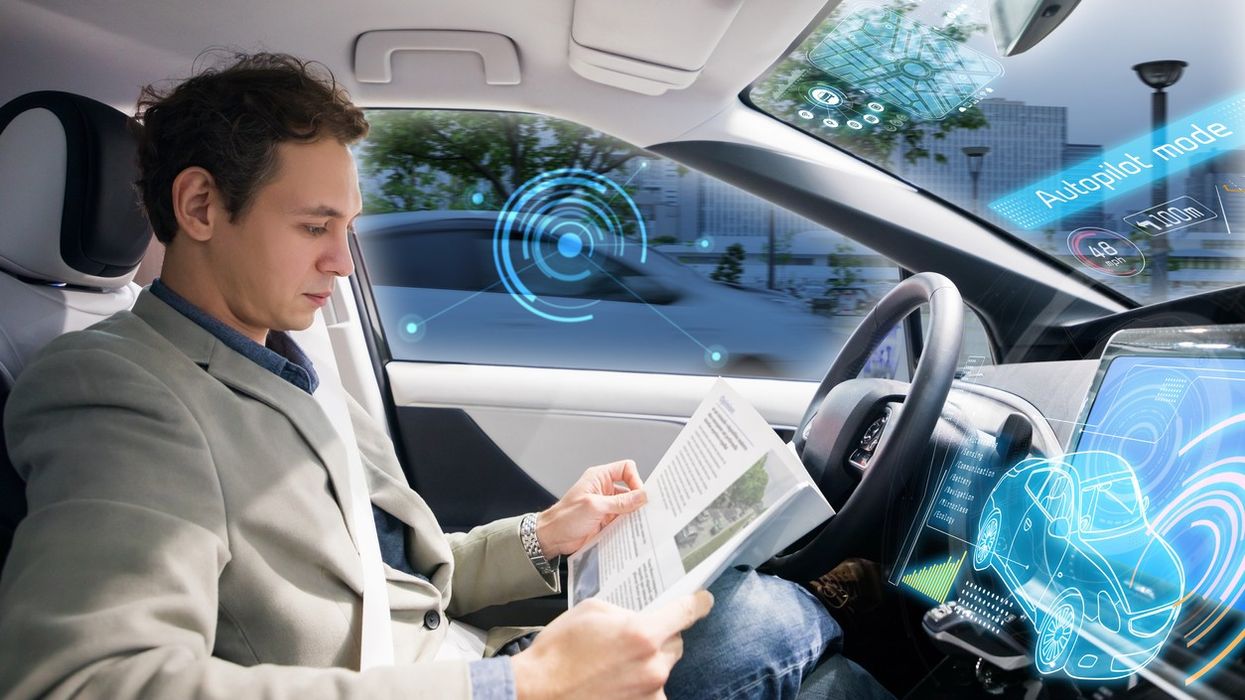AN official body has warned that the new generation of self-driving cars will exhibit 'racist and sexist behaviour' as they may not recognise ‘non-white or non-male’ faces.
The Law Commission, the body responsible to form the legal framework for autonomous vehicles, has said that they may 'struggle to recognise dark-skinned faces in the dark' because facial recognition software may be less accurate at detecting 'non-white and non-male faces', reported The Sunday Times.
It added that those with disabilities are also at risk as the systems may not have been trained to deal with the full variety of wheelchairs and mobility scooters.
“When we consulted on these issues, several developers argued that it would be impossible to ensure that autonomous vehicles always treated everyone equally," stated a public consultation paper published before legislation expected in 2022.
According to the report, the major reason behind the 'behaviour' is that these systems are designed by young men who do not put themselves in others’ shoes and thus overlook the diverse needs of those affected by their work.
The Department for Transport recently issued bullish forecasts that the UK will be a leader of the driverless car revolution.
It predicts that by 2035 a quarter of new cars sold will either require no human interaction at all, defined as level 5 automation, or will be capable of handling most situations on their own, with the driver able to sleep but to remain on standby to take over if needed, defined as level 4 automation.
Many cars on the road now have level 2 automation, with lane-control assistance and remote-controlled parking.
“People are less prepared to accept risks if their distribution is seen as unfair. An overall reduction in risk may not be persuasive if the reduction is enjoyed by one group (such as car occupants) while the additional risks are experienced by another group (such as vulnerable road users)," the Law Commission consultation stated.
It added that though air bags save many lives, but the first generation ... posed risks to smaller passengers, such as women of small stature, the elderly, and children, because they were developed with adult males in mind.
The feminist Caroline Criado Perez, author of Invisible Women, has highlighted the fact that crash tests are largely conducted with male mannequins, based on the body weight of an average American male from the mid-1970s.
Women are 47 per cent more likely than a man to be seriously injured, and 17 per cent more likely to die in a comparable accident.
“The last thing we need is the next generation of Mondeo Man being a racist, misogynist self-driving automobile. These technological hurdles need to be overcome before drivers can take their hands off the wheel," Edmund King, AA president, told The Times.
The Equality and Human Rights Commission, observed that any advancement that puts certain groups of people at a disadvantage is not an advancement, but a setback for equality and human rights.





